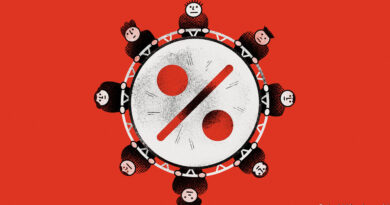Europe’s economy is under attack from all sides
A decade ago Xi Jinping was welcomed to Duisburg in Germany’s Ruhr valley. He praised the region as a hub for Chinese investment; greeted a train that had spent a fortnight travelling from Chongqing, via Russia, to Europe’s industrial belt; and enjoyed an orchestral performance of traditional mining songs. More recently, another Chinese arrival in Germany received a frostier reception. In February a ship called BYD Explorer No. 1 unloaded 3,000 or so electric cars made by BYD, a Chinese electric-vehicle (EV) firm. As the ship’s name suggests, it is likely to be the first of many. Little surprise that it has prompted worries about the future of Germany’s hallowed carmakers.
China is churning out cars, as its leaders funnel cash and loans to high-tech industry in an attempt to revive the country’s moribund economy. Its manufacturing trade surplus is close to a record high as a share of global GDP, and is set to rise higher still. As a result, European leaders are fearful of an influx of advanced, cheap Chinese goods. On March 5th the European Commission decided that it had sufficient evidence to declare China had unfairly subsidised its EV-makers, paving the way for tariffs. Ursula von der Leyen, the commission’s president, has warned China not to “race to the bottom” on green tech. Britain has begun a probe into the country’s excavators. Emmanuel Macron, France’s president, will host Mr Xi in May. He will, according to diplomats, deliver “firm messages” on trade.




